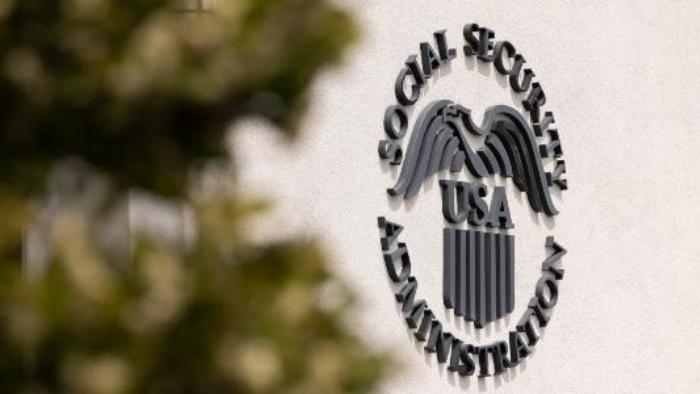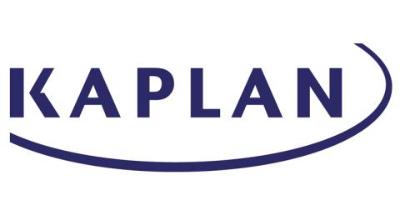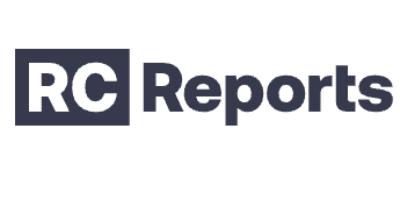Tips for tax planning for small businesses

For the second year in a row, taxpayers face massive uncertainty. The COVID-19 emergency presents unique challenges and opportunities and has likely landed your clients in a position to lean on you and your firm’s professional expertise more than ever. In addition to the usual planning ideas, the recently enacted CARES Act offers several possible actions you can take to help your clients save tax and solve critical cash flow issues. Now is the perfect time to remind clients that you are thinking about them.
Consider the following strategies to minimize your clients’ tax bill for 2020.
Net Operating Losses (NOLs)
To assist small business owners who may have incurred losses as a result of the COVID-19 crisis, the CARES Act temporarily removed the TCJA limitation on NOLs. Because the new law is retroactive, your clients can now carry losses that originated in 2018 through 2020 back five years. This means you could carry a 2018 NOL back as far as 2013. Since tax rates were higher in 2017 and earlier years, carrying back an NOL should be much more beneficial than carrying that loss forward.
Excess Business Losses
The CARES Act also retroactively removed the limitation on Excess Business Losses (EBLs) that the TCJA implemented for 2018 through 2020. Under the TCJA, beginning in 2018, taxpayers were unable to deduct business losses from sole proprietorships or pass-through entities, such as partnerships and S corporations, if the combined loss exceeded $250,000 ($500,000 for married joint fliers). (Those amounts were adjusted annually for inflation after 2018.) The excess loss was converted to an NOL and carried forward, subject to certain limitations. Since this is a retroactive law change, if losses were limited in either 2018 or 2019 (if that return has already been filed), clients should strongly consider filing an amended return to generate a refund.
Business interest expense
The CARES Act relaxed the limitation on the deductibility of business interest expense. Under the TCJA, the deduction was generally limited to 30% of Adjusted Taxable Income (ATI). For 2019 and 2020, that limit is generally increased to 50% of ATI. Special rules apply to partnerships and their partners.
Better depreciation rules for real estate Qualified Improvement Property (QIP)
The CARES Act includes a technical correction to the TCJA that is retroactive to 2018. The new rule allows much faster depreciation for real estate QIP that is placed in service after 2017.
Streamline your client service tasks with Thomson Reuters tools like PPC 1065 Deskbook, PPC 1120S Deskbook, and PPC 1040 Deskbook.
Make your life easier with PPC resourcesShare This Article
What's Trending?
Trending topics & tools for the CPA community
How Firms are Rethinking Reasonable Comp (Quick Video)
It’s a short video and makes the value of repeatable, data-backed approach clear (especially compared to spreadsheets, gut checks and one-off calculations).
Learn how 8am CPACharge delivers clarity and confidence for accounting firms.
8am™ CPACharge brings invoices, payments, and reconciliation together in a solution designed to make your day easier from start to finish.
Seniors on Social Security Could Face $460 Monthly Cut to Benefits
Jim Komoroski, RSSA®, is quoted in Newsweek, offering expert insight into the projected monthly cuts to Social Security benefits should Congress fail to act.
Resources
Valuable information provided by our sponsors.
Specialize in Social Security
Looking to enhance your retirement planning expertise? Your solution: pursue the Registered Social Security Analyst®...
CPAdirectory members have access to discounted auto and home insurance
At CPAdirectory, we think it's a good thing to provide our members with access to...
Free CPE Course: ChatGPT for Tax Pros — Limited Offer
CPAdirectory and CCH CPELink are giving you free access to the on-demand course: ChatGPT for...
PE Deals In Accounting: Valuations, Structure, Tradeoffs
In this webinar, you’ll hear from firm leaders and industry experts who will share real-world...
Stand Out as a Trusted Social Security Expert with the RSSA® Designation
Designed for CPAs, the Registered Social Security Analyst® (RSSA®) designation provides advanced training to help...
How Firms are Rethinking Reasonable Comp (Quick Video)
It’s a short video and makes the value of repeatable, data-backed approach clear (especially compared...












